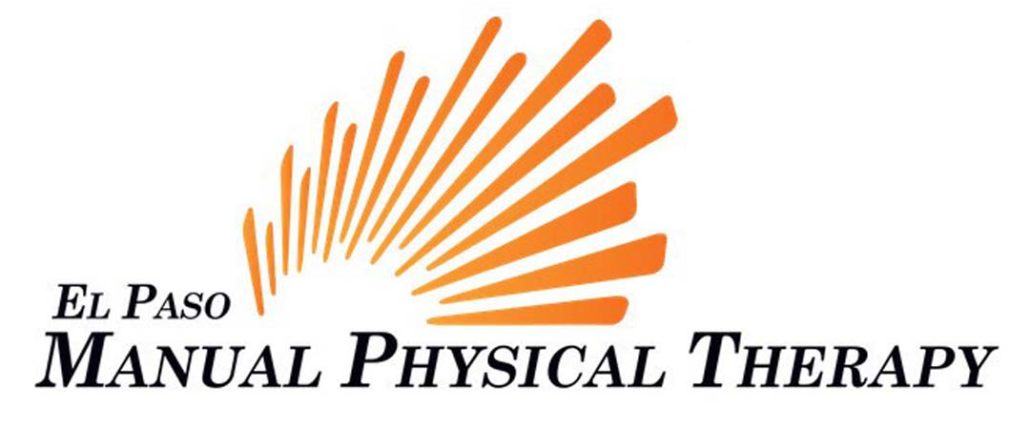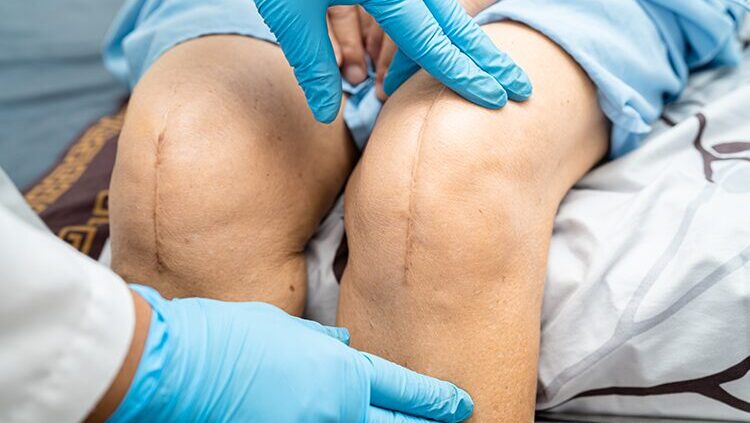How To Self Test For A Muscle Imbalance – Lower Back Pain
I’m going to tell you today about how to check if you’ve got a muscle imbalance that could be affecting your lower back pain problem. My name is Dr. David Middaugh, I’m a specialist physical therapist at El Paso Manual Physical Therapy. And I’ve been doing videos online for years now and helping out people in our clinic here at El Paso Manual Physical Therapy.
People suffering from back problems, and muscle imbalances are the root of a lot of back problems. If you want to learn more about exactly what a muscle imbalance, I’ve got another video that describes it and talks about it in detail. I did use my skeleton to discuss it. So check that video out. The link should be in the description if you want to check out that video.
But today I’m going to talk to you about how to test some key muscle groups here to make sure that you know where you’re weakest so that you can begin to figure out how to better exercise because one of the big problems that I see here as a physical therapist dealing with people that are trying to do exercises on their own at home is that they just kind of find an exercise that they can do not really knowing if it’s the best thing for them. And they start doing it.
And many times, unfortunately, it feeds into the muscle imbalance. And although it can feel good in the moment, or right after doing it in the long term is keeping the back problem there longer than it needs to be. Because that root problem, the muscle imbalance has not been addressed. So let me show you three quick tests that you can do there kind of muscle test, so you have to strain a little bit to do this.
But just a disclaimer, don’t push into pain, please, you don’t have to prove anything to anyone or yourself. As soon as you feel some pain or some discomfort, you’ve got to stop and take that as a sign that you’re pretty weak or that’s involved. Or it could just be also that you’re just very irritated in your back. And doing these tests may not be a good, good idea. At this time, you need to let that irritation, calm down and then come back to these tests so that you can do these tests without flaring yourself up a whole lot. So let’s get into it.
First thing you want to do, lie down on your back. He’s kind of bent, just like so. Then stick your head into your back. And what you’re going to do is learn how to fire your abs really good. We’re going to test your abs, push your back down all the way right here, you should feel your abs turn on. So I’m pushing my back down against my hand to smash my hand back there. And then I feel my abs tighten up in the front. Holding that down.
Now what you’re going to do is begin to do a sit up. And when he gets about right here, it should feel pretty intense. Now if it’s the most intense abdominal emotion you’ve ever felt chances are, you’re probably pretty weak. But what I want you to think about is how challenging is this versus the other exercises we’re going to do. So for me, this is pretty tough. I can hang out here for a little while. But I feel you probably hear to my voice and see me shaking, I am shaking, you got to keep your feet down.
Because as soon as your feet come up, you start cheating with other muscles, it gets easier. So that that’s pretty tough for me, if that was tough for you, you’ve probably got weak guys, but let’s compare. So let’s check the glutes. Because those are another muscle group that can contribute to your back problem. So what you’re going to do is lie on your side just like so roll your top hip forward so that this leg sticks out forward a bit. And then what you’re going to do is open your knee just like this.
What I need you to feel is the muscle back here, like with a back pocket is if you’ve got pockets on your pants, or where would be if you don’t, it should tighten up there. Now I feel tightened up right there but doesn’t feel that bad compared to the ad one the ad one felt tough on me. So right now the abs are the leaders being the weakest muscle in me, that’s tough on me right there. So I’m sorry that that’s where the muscles contract right there. So um, it’s not that tough. I’m going to leave this one is not the primary weak muscle and you can do it on the other side.
I would recommend doing that, especially if you have back pain on just one side versus the other just flipped around into the other side. Let me just show you real quick so you can see where the muscle is and he’s bent, roll the hips forward, keep your feet even my knee is sticking out over here. Then this is where the muscle is. And when I lift my knee without rolling back because you have to keep your hips forward, just lift the knee a bit. I feel this muscle tighten up right there right where my back pocket is. doesn’t feel too bad. So I don’t think my glutes are that weak.
Now let’s test the back muscles. And be careful with this one because it is especially the back spasms or sciatica problems. This one will set you off right away. Alright, so I’m going to lie flat just like so. I’m going to begin to don’t go into this fast. I’m going to begin to pick up my legs like so. And then my upper body like this. Man, I’ll hold there just a bit. You have to pick up very high just pick up a little bit. If it doesn’t feel that difficult for you then your back muscles are pretty strong.
So watch me here, piece of cake. I could do this all day. And I feel these muscles here tensioning along with some other muscles down here, but these back here are definitely working. Abs are the clear weakest muscle here. So try that on yourself. If you found that the glutes were weaker, or the abs are weak or the back muscles were weaker of the three, you have to take all three into comparison, then you can begin to find where the imbalance is that for me today, it was definitely my abs and I’ve known this for a while and I work on it, I’ve actually gotten a lot better.
That’s better for me. But I need it with the way that I interpret this information for my health for my back health because I have had back problems in the past is I need to stay on top of my abdominal exercises so that I’m protecting my back and I do every week, I do I make sure that I knock out 100 sit ups focusing on my lower abs. There are other exercises that I might do, I like to do toes to bar, former crossfitter occasionally get into it, but it’s a little intense for me.
There are all kinds of abdominal exercises that I can do. But the point is every week at least once if not two or three times I need to challenge my abdominals so that I can maintain balance in my core muscles in my back that support my lower back so that I’m not feeding more into a muscle imbalance. And what I don’t want to do is further strengthen my back muscles because that was the easiest the glutes were harder than my back muscles for sure. my glutes probably need some work too. But more so my abdominals in this case.
Anyways, I hope this was helpful for you. If you want to learn some specific abdominal exercises and other exercises for lower back pain problems, check out our video that we’ve linked here in the description. And we go into detail about how to do the exercises, how frequently to do them what you should feel we’ve got tons of details on that. So check out the video description. And there’s tons of other videos that are helpful for back problems depending on your specific back problem.
We are developing more and more specific back pain videos over time. So you’re going to want to subscribe to this channel, hit the subscribe button right there and hit the notification bell so that you can get notified whenever we release a new back pain video, as well as other videos that are helpful to get you away from surgery, injections, medications and get you moving being more healthy, active and mobile. I wish you the very best day bye



 Knee Meniscus Recovery Program
Knee Meniscus Recovery Program